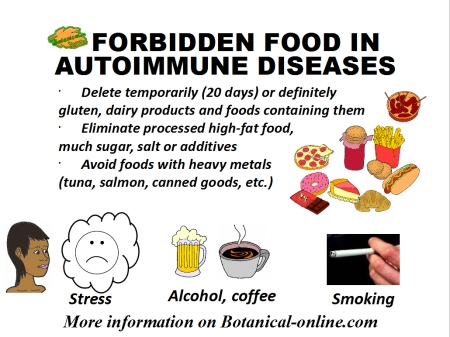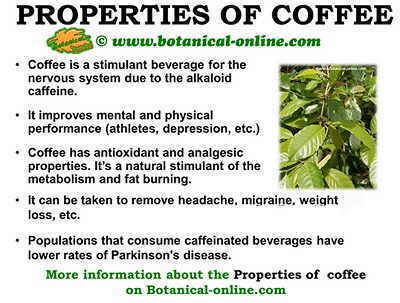Contents
SPECIAL NEEDS OF A VEGETARIAN DIET
What problems usually vegetarians have?
Children in growth stage, that’s to say, from infancy to adolescence, pregnant women or infants, the elderly and people with certain diseases may have increased nutrient needs. These people are more likely to get a nutritional deficiency.

Children, and adolescents require a vegetarian diet not to get any deficiencies
In the early stages of life or in certain periods of our life our general and specific requirements are increased. The nutrients (vitamins, minerals, essential fatty acids,…) which tend to generate more problems to be covered in a vegetarian diet and that we must keep in mind are the following:
Vitamins residing mainly or exclusively in foods of animal origin, such as vitamin D and vitamin B12, respectively.
The essential amino acids, They are 8 for adults and 9 for children.
Minerals from plant foods that are absorbed to a lesser extent than in animal foods such as calcium, iron, iodine and zinc.
Fatty acids of the omega 3 family, who reside mainly in oily fish, and other plant foods, although in smaller amounts.
Daily Recommendations of a vegetarian diet
It is suggested that vegetarians and vegans should provide (at least):
– 3 servings of legumes, nuts and seeds daily.
– 3 serving of vegetables a day
– 3 servings of fruit a day.
–4 servings of calcium-rich foods.
– 5 servings of whole grains a day.
– Essential nutrients.
*More about vegetarianism:
– Benefits of a vegetarian diet.
– Disadvantages of a vegetarian diet.
![]() More information about vegetarianism.
More information about vegetarianism.








